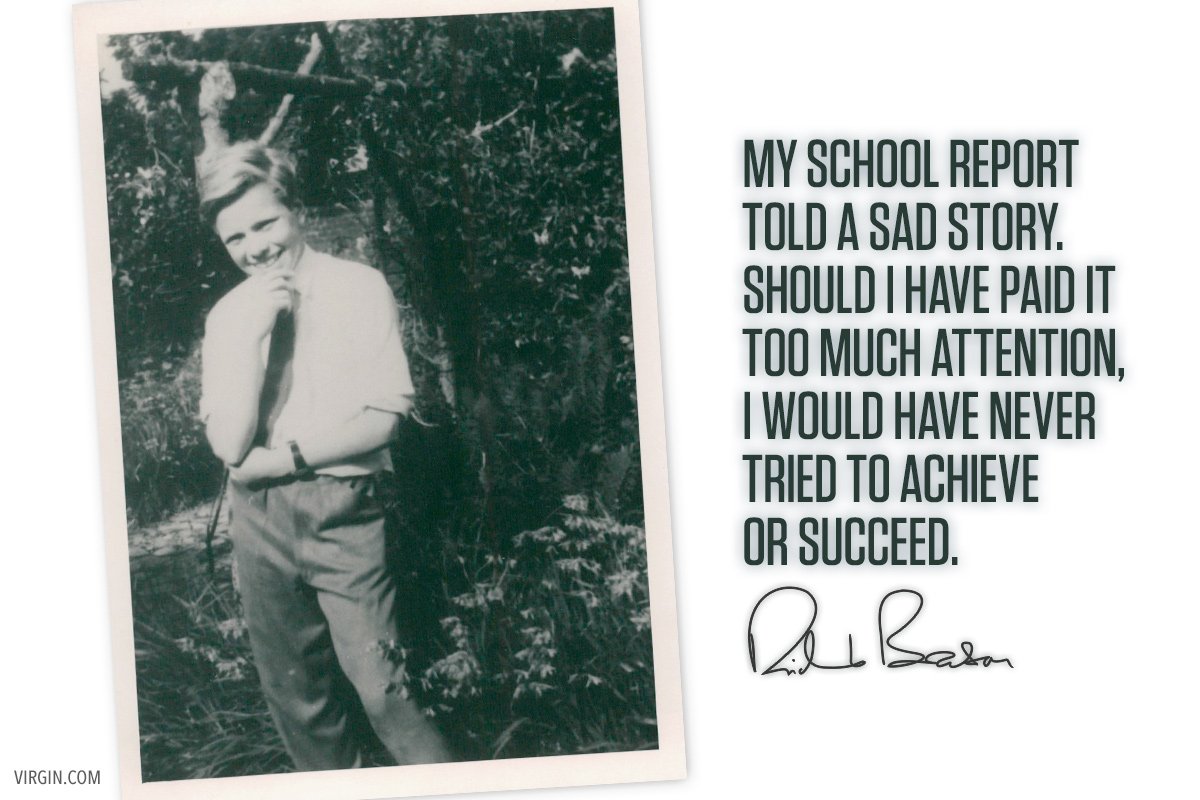What’s it all about?

As a School Business Manager, moving into a Trust Business Manager role involved in leading the provision of central services in an emerging MAT I feel huge responsibility to ensure that we get it right. I wrote an earlier blog regarding the essence of our trust and what we truly value:
Veritas Values
As a parent of two teenagers that are only one school year apart we embarked last year on a four year marathon of exam results with two years of GCSE results to be followed next year with two years of A level results. Having recently studied myself at Masters level and with visits to university open days, in our household, education is something that impacts us daily. So we currently have four educational establishment to draw from and I feel blessed that I am able to bring these personal experiences into my working role.
Pressure
My work concentrates on the primary sector, so for us it is all about SATs, CATs and the Kent Test. In a county with selective secondary education, the test for pupils to get into the grammar school system exists; for some that is just another day at school for others it is a huge pressure and in some cases stress – not a word that probably should exist for primary school children but for some reason it does. (You may find The Stress Threshold helpful). I had a child in each camp; for one it was a breeze and the other a massive struggle. Both however attend grammar school – one is better at tests the other is better at coursework. Is either one cleverer than the other? Is either one more likely to be successful (whatever that is) than the other? Who knows? I just think they learn and apply themselves differently and different career paths will require different application.There is a lot in the press about the monumental shake up within the education sector and the rights and wrongs of academisation. From my experience I would put forward the case that an LA system can offer the basis for education that is good enough, but the changing mindset that comes from academisation can result in the best. I am encouraged by the thought that in the same vane as survival of the fittest, the best academies and MATs will thrive and set the 'best practice' bar for others to emulate.
They're all different!
Whatever route is chosen requires certain milestones to be achieved; for those with a definite career in mind, requiring a university degree there is a need to pass GCSEs and A levels to a certain standard and failure to do so will undoubtedly have a significant impact on that journey. For others, a more practical route may be chosen and an earlier awareness of how to present themselves in the workplace may be more appropriate.
 I have seen blogs and tweets this week from the likes of Sir Richard Branson ( https://twitter.com/richardbranson/status/898141170802577408 ) and Jeremy Clarkson https://twitter.com/JeremyClarkson/status/898101177040162816
I have seen blogs and tweets this week from the likes of Sir Richard Branson ( https://twitter.com/richardbranson/status/898141170802577408 ) and Jeremy Clarkson https://twitter.com/JeremyClarkson/status/898101177040162816saying that it's not the end of the world if your exams results don't go as planned. That may be easy for them to say and I'm sure their sentiment was intended to be positive, however, it doesn't offer much of a life plan to those not achieving their goals.
So as an educational institution what is it all about?
There are so many variables - just with my own two children, it would be impossible to devise a one size fits all system as they are completely different learners. At two different secondaries I have seen two completely different approaches from schools that on paper would appear very similar. Within 15 miles of each other, both grammar, both with long standing traditions, both graded outstanding and broadly similar intake numbers, one an academy the other under the Local Authority. I have witnessed very different methods at the two schools and this I believe to be attributable to leadership. The two schools have very different approaches to communication, student support, timetabling and no doubt a host of other areas. Identifying the positives at each school I have considered these in the development of systems within my own role along with any seemingly negative issues to ensure that we continue to self reflect.Leadership
Leadership is fundamental to each school (and requires a blog all of its own). I intend to develop my next blog around the concept of succession planning as changes in key personnel within schools can have huge impact. A blog from our Principal on Slow Leadership
A blog from our Principal on Slow Leadership Reflective review on Uplifting Leadership from our Principal
Reflective review on Uplifting Leadership from our PrincipalIn terms of 'What's it all about?' I believe it is to encourage each of the pupils that walks through our door to value themselves, believe in themselves, to be excited to learn new things and be brave enough to try. It is also to allow them to celebrate successes and give them the tools that when things don't go as planned they can pick themselves up and try again rather than simply give up. For some of our pupils, this will come naturally but for others (often for a host of complex reasons) it doesn't.
Independent article

According to the above article:
A "growth mind - set," thrives on challenge and sees failure not as evidence of un-intelligence but as a heartening springboard for growth and for stretching our existing abilities.
Some say that it is not the destination that matters - it is all about the journey. Surely then it is imperative that our children and staff enjoy the ride.
Others might say that a fixed goal closes your mind to taking opportunities along the way.
Partnerships
We hope not only to inspire our pupils but also to encourage strong partnerships with families where parents often from higher deprivation areas with low educational starting points and equally low aspiration will engage with the school and support their children to do well. Here, communication is crucial - maintaining an open dialogue is so important during the good times and bad. My own experience leads me to believe that communication at secondary schools is less forthcoming than in the primary setting - perhaps due to the fact that pupils are older so the need for parental collection (and therefore physical presence on site) is reduced. I also think this is partly due to the fact that at secondary, pupils have many more teachers (and the teachers have many more pupils) rather than the traditional primary school classroom setting with one teacher.Communication
Perhaps because I work in education I have tended to let the teachers get on with their job not wanting to be 'one of those parents'; I believe that when you chose a school for your child you have to place trust in that school and support them but this only works when the school is conscientious with that responsibility. With hindsight our trust may have been somewhat misguided. As an example, finding out by accident that your child has been on report for two weeks. This does not allow the school and parents to work in partnership. There were questions to be asked - why was he put on report? Was he struggling or was this due to a general behavioural issue? How long was there an issue before the point at which being put on report occurred? Could the school have learnt anything from the parents regarding home life? None of this was investigated. The option wasn't given for support to be given at home either in the form of punishment or emotional or practical support. I understand that the school will work on a level of trust with their pupils and that my son was not innocent in this scenario; he clearly should have been forthcoming with this information but it is apparent that the school should have their own communication measures in place. They have the tech kit in place to e-mail, text etc they simply haven't used it. If I were a member of the leadership team in this scenario rather than the parent, I would consider that this was not good enough.Collaboration & Sharing
Nurturing partnerships does not come easily and is a big challenge for school staff. Our mission to achieve ‘irresistible learning for all’ really sets us apart. We are an educational establishment; advocating to our pupils and families the benefits of challenging yourself and being life long learners, so surely we should lead by example? During times of austerity staff training is something that often experiences budget cuts. At Veritas MAT we have embraced a culture where the staff are inspired to learn; to find innovative ways to better outcomes, whether this in in the classroom, the school office or with site development. We look to include - FULL STOP. By that we don't mean including those pupils who find it difficult to learn, we mean that we will find THE BEST research to develop all of our pupils whatever their needs, we will embrace all of our staff and encourage them to make our school a better place. Not just teachers, not just the SLT but all staff and those in our governance structure too.We have grown experts who constantly seek to improve and we are cultivating a self improving system where collaboration is a non negotiable element. The sharing of our learning is embedded and reflection on what works well or not so well allows for realignment in our planning.
You can't please all the people all the time, but I do believe that our pupils and staff feel valued and they feel that they make a difference. They have a sense of belonging and a thirst to learn more. By keeping ourselves inspired by challenging our practice and asking "Is there a better way of doing this?" keeps us fresh and our practice innovative. It also sets a great role model to those within our care; encouraging them to be the best that they can be.
That's what it's all about!
























